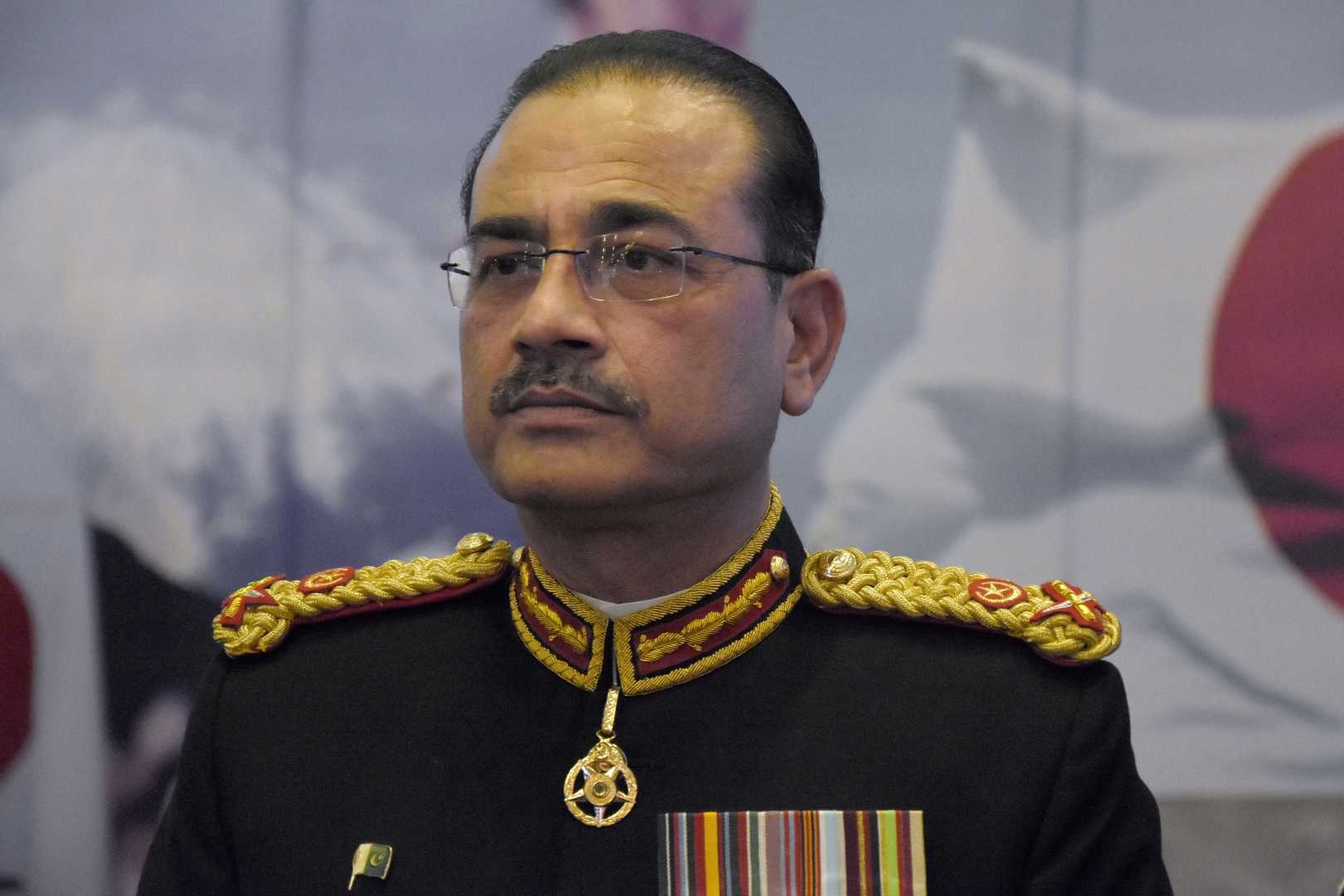News
Pakistan’s Army Chief Faces Scrutiny After Kashmir Remarks and Attack

ISLAMABAD, Pakistan — General Asim Munir, Pakistan’s army chief, has recently come into the spotlight following controversial remarks about Kashmir, made just days before a deadly militant attack in Indian-administered Kashmir. This timing has reignited debates over the military’s role in escalating tensions between Pakistan and India.
The conflict over Kashmir has been ongoing since the partition of British India in 1947, with both countries claiming the region. Although Munir’s statements are not directly linked to the recent violence, many analysts view them as a shift toward a more aggressive stance.
General Munir, who assumed his role in November 2022, has faced a chaotic political landscape and rising regional tensions. He is perceived as the most powerful figure in Pakistan, particularly following his fallout with former Prime Minister Imran Khan. After just eight months leading the Inter-Services Intelligence agency, he was dismissed amid political turmoil.
Munir’s leadership style has drawn comparisons to his predecessor, General Qamar Javed Bajwa, who was known for seeking diplomacy and stability. In contrast, Munir is under immense pressure to act decisively as security threats escalate, particularly in Kashmir, where recent hostilities have resulted in significant civilian casualties.
On April 17, during a speech in Islamabad, General Munir declared that Kashmir is Pakistan’s “jugular vein,” reinforcing ongoing military narratives of the region. His remarks came just days before a deadly assault in Pahalgam, where armed militants opened fire on tourists, killing 26 people, mostly Hindus. This has led to increased accusations from India that Pakistan supports terrorist activities.
Experts suggest that the general’s comments and the timing of attacks might not be coincidental. Joshua T. White, a South Asia expert, noted, “This was not standard rhetoric; it has complicated any efforts for Pakistan to claim restraint or pursue diplomatic channels.”
In the wake of the Pahalgam attack, Indian officials have expressed their intent to take action, with Prime Minister Narendra Modi stating that India will pursue all terrorists and their supporters. There is mounting concern that these tensions could escalate into a broader military confrontation.
Asim Munir’s consolidation of power has led to significant shifts in the military’s internal dynamics. Following riots tied to Khan’s arrest, he initiated a crackdown on loyalists, which many view as an assertion of control within the military. This has left Munir in a precarious position, balancing rising discontent among the populace and a demanding security landscape.
The events surrounding Munir’s leadership could define his legacy. With military and political pressures mounting, how he navigates the Kashmir question and domestic unrest may very well dictate Pakistan’s future with India.












